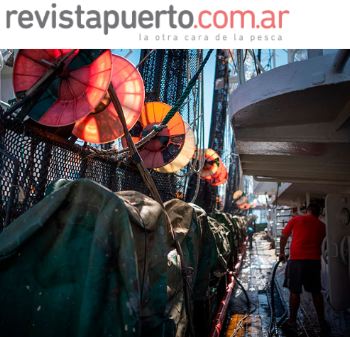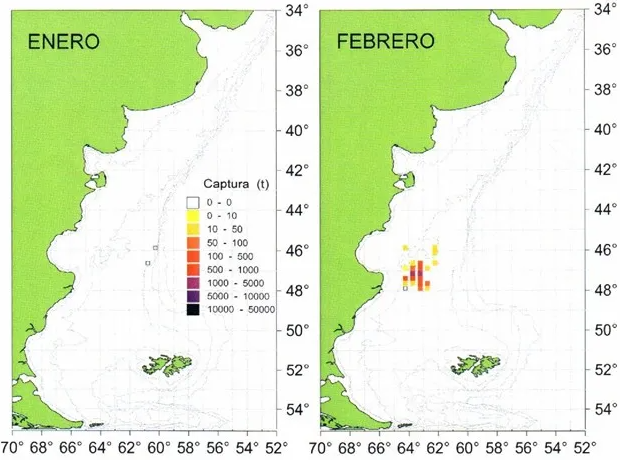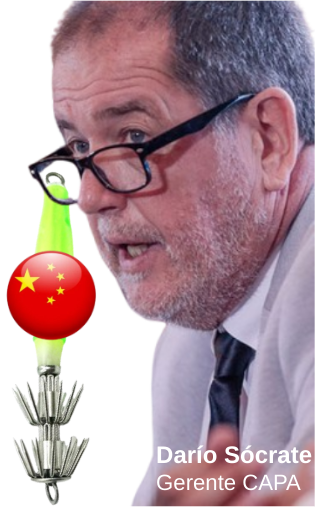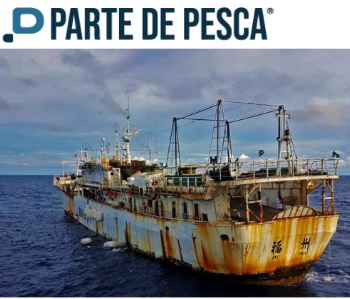|

Photo: Revista Puerto
The Argentine Chamber of Squid Fishing Vessel Operators requests an earlier opening of the squid season
 ARGENTINA
ARGENTINA
Thursday, November 07, 2024, 00:10 (GMT + 9)
The Argentine Chamber of Squid Fishing Vessels Operators (CAPA) has asked the Undersecretary of Fisheries to advance the start of the 2025 squid fishing season to January 10 in the management unit located south of parallel 44ºS.
This request will be evaluated this week at the session of the Federal Fisheries Council, and is likely to be approved, following the trend of recent years in which the fleet has begun operations before the date stipulated by Resolution 973/97, which establishes the opening on February 1, according to Revista Puerto.

.png)
.png)
Traditional squid fishing areas in January-February and the comparison of catches between the Argentine fleet operating within the EEZ and those that catch in international waters. Source: INIDEP/Pescare
CAPA argues that in recent years, the early start of the season, based on INIDEP reports, has yielded positive results. The chamber also recalled that attempts to capture significant volumes between parallels 49ºS and 52ºS in the previous season were not successful, which reinforces the request to open the season south of 44ºS.
 In 2024, the season began even before January 10, allowing a small group of jiggers to explore the area and then start fishing north of the southern management unit. CAPA now seeks to allow the entire fleet to directly access the fishing area where the greatest abundance of summer spawning stock is expected, before moving south in February to capture the South Patagonian stock. In 2024, the season began even before January 10, allowing a small group of jiggers to explore the area and then start fishing north of the southern management unit. CAPA now seeks to allow the entire fleet to directly access the fishing area where the greatest abundance of summer spawning stock is expected, before moving south in February to capture the South Patagonian stock.
As for squid catches up to October 22, these amount to 153,772 tons, which represents 1% more than in the same period of the previous year. The squid fleet caught 128 thousand tons (4% less), while the freezer trawler fleet increased its catches by 145% to reach 19,443 tons, and the fresh fish fleet caught 6,084 tons, 41% less than in 2023.
CAPA also expressed concern about the negotiations of the Santa Cruz government with Chinese companies to promote investments in port infrastructure. According to Darío Sócrate, manager of the chamber, allowing Chinese vessels operating in mile 201 to unload in Argentine ports would be a mistake, since these ships compete in the same market as the national fleet, which assumes high costs to comply with current regulations and, in some cases, has allegations of slave labor.
Sócrate warned that, if these negotiations were to take place, unfair competitors of the Argentine fleet would be favored. In the coming days, a critical public statement is expected on the matter, with support not only from CAPA but from the entire Interchamber.
Related News:

.jpg)
editorial@seafood.media
www.seafood.media
|



